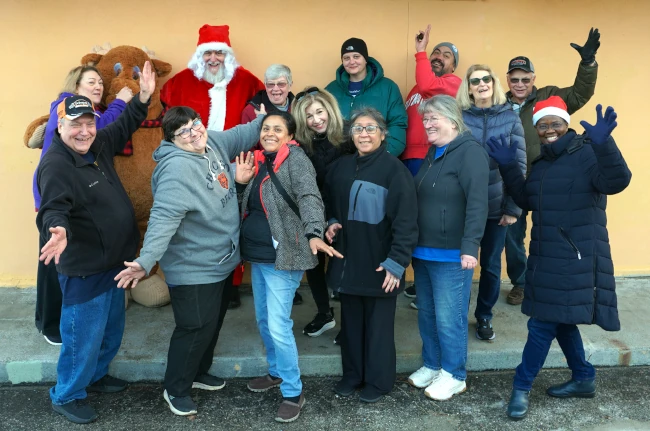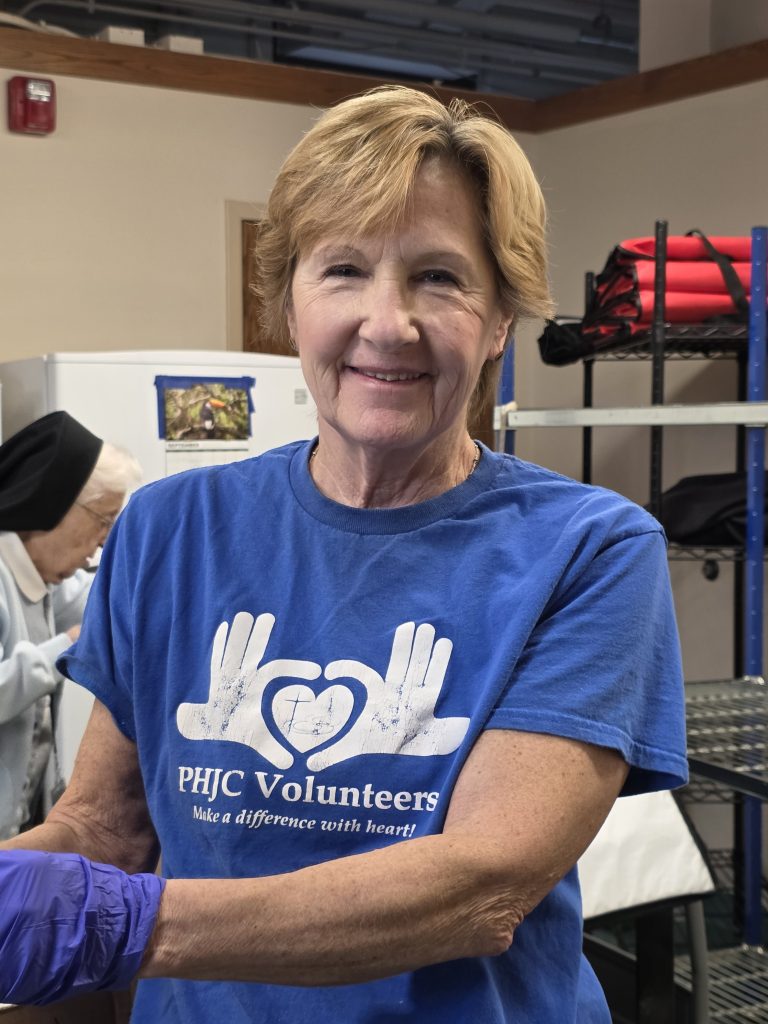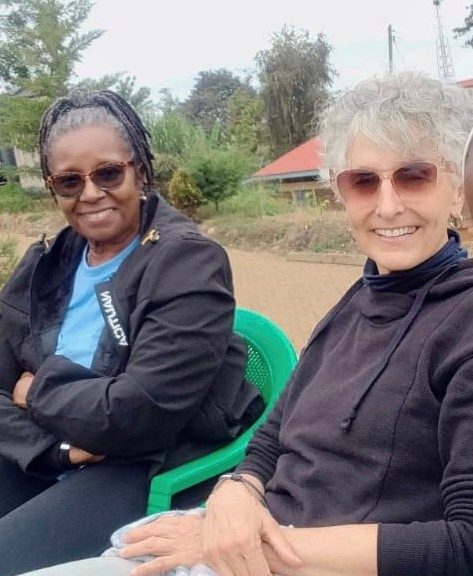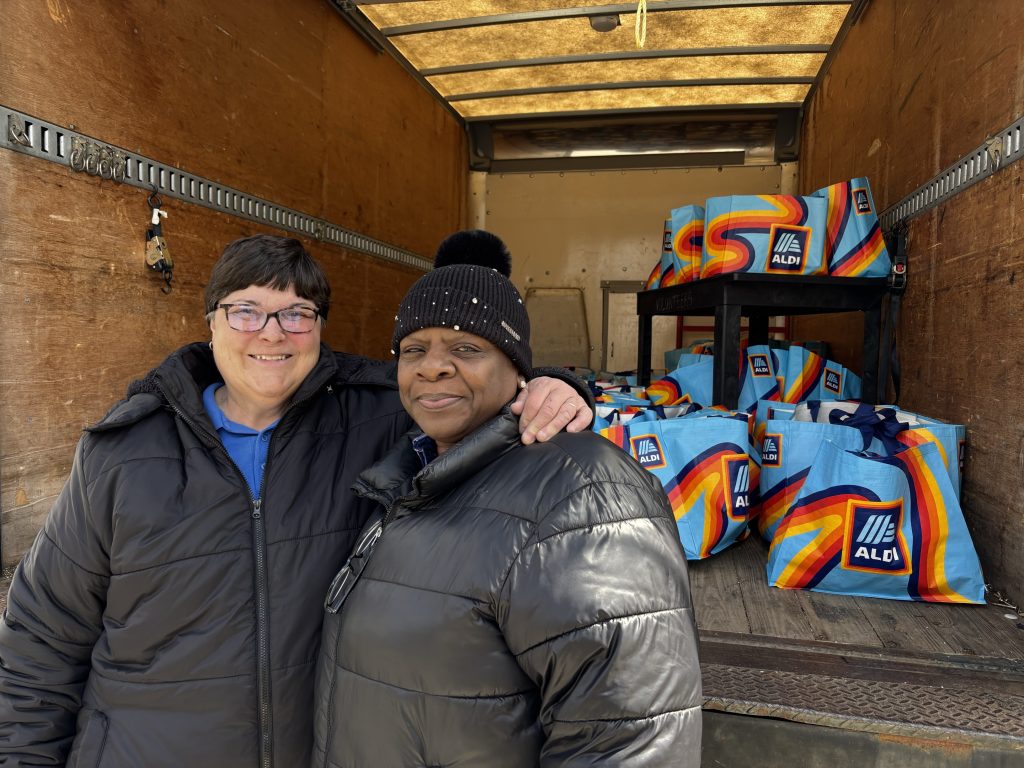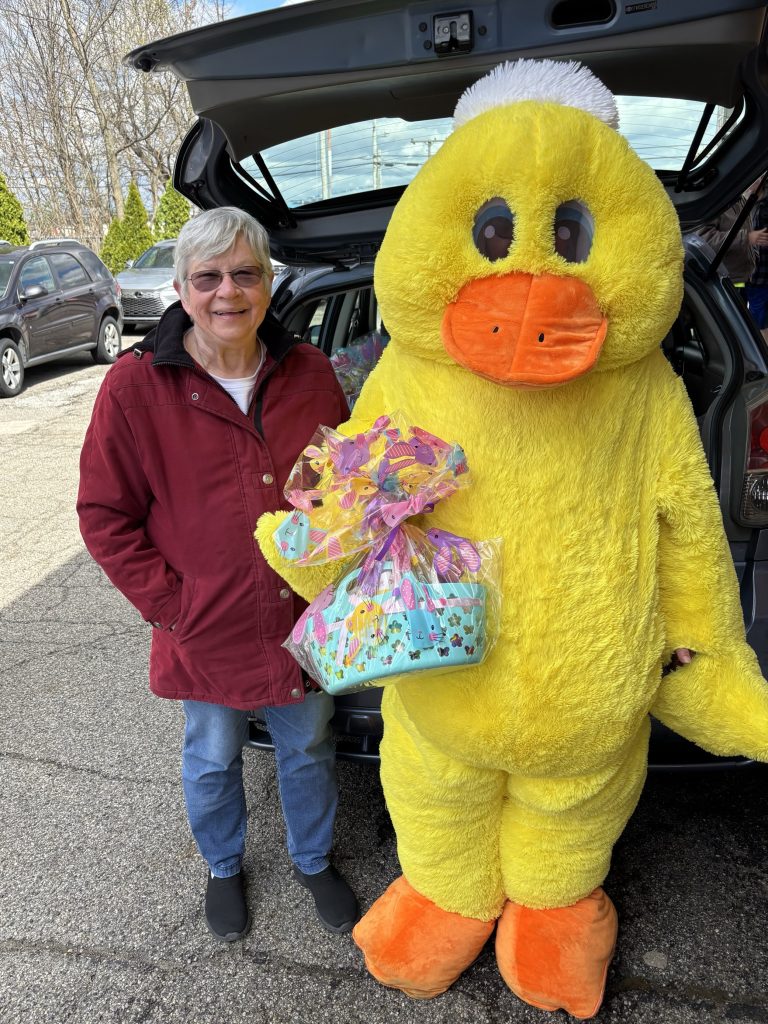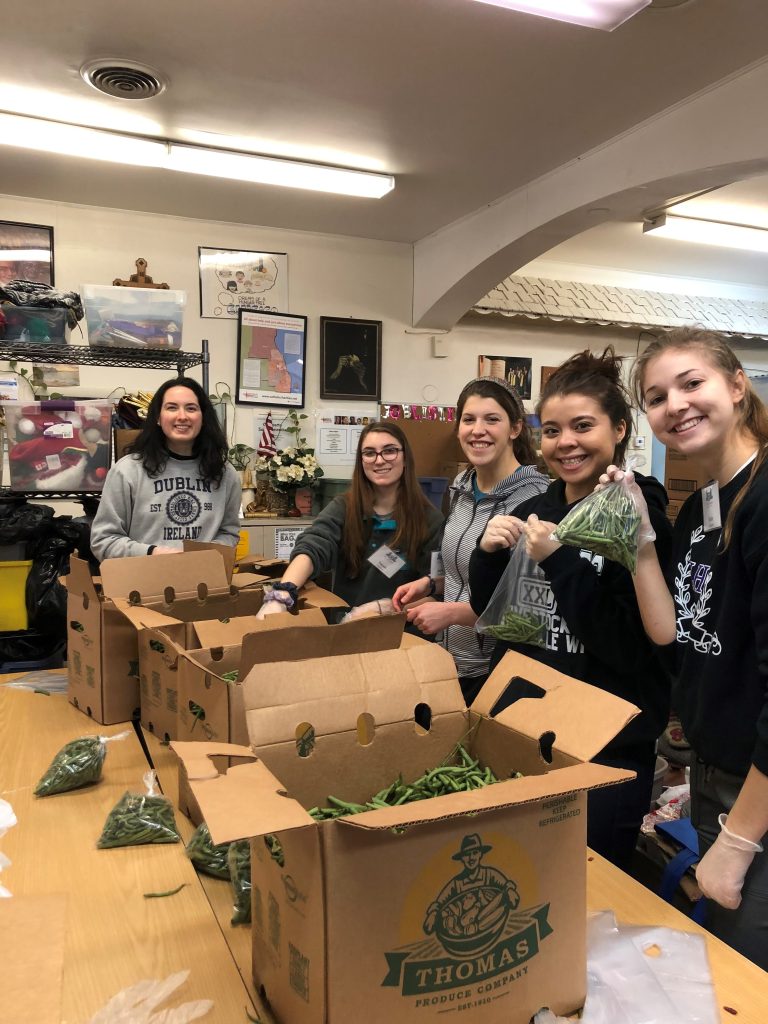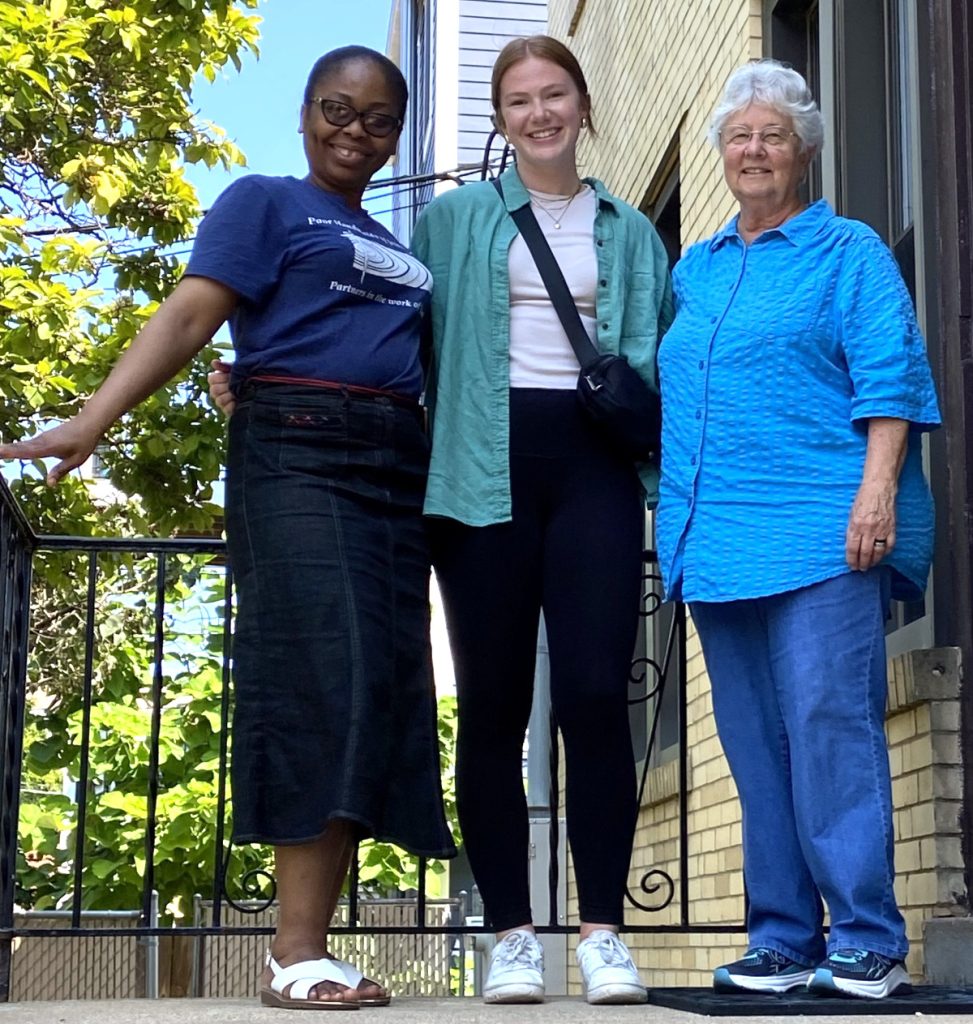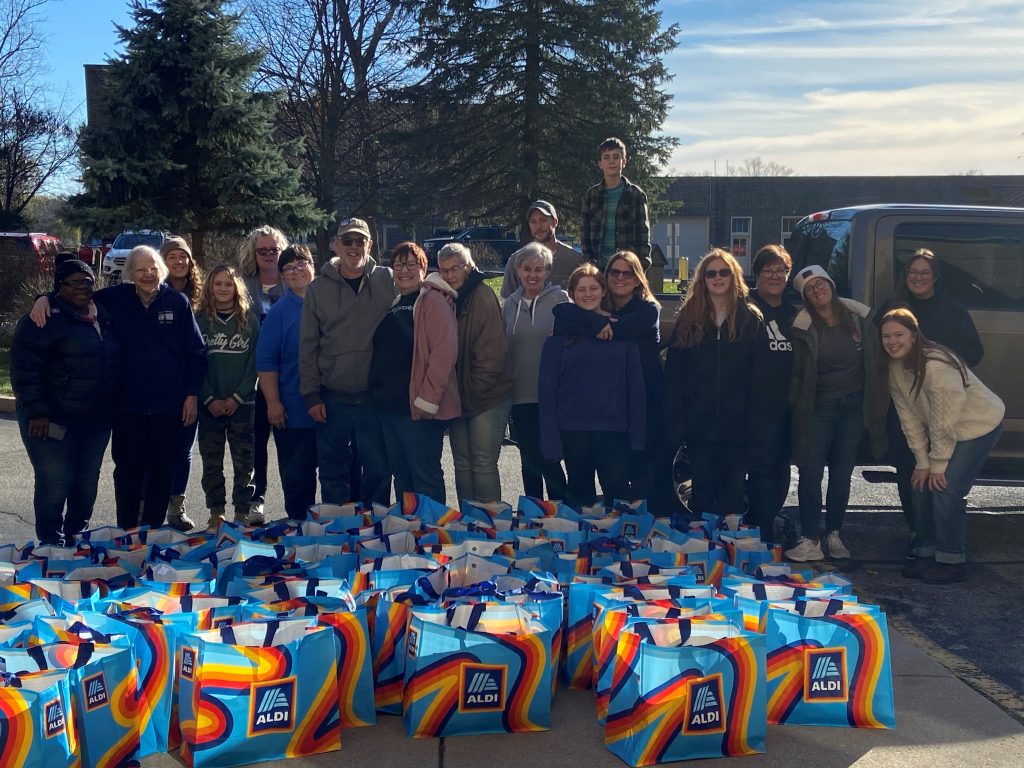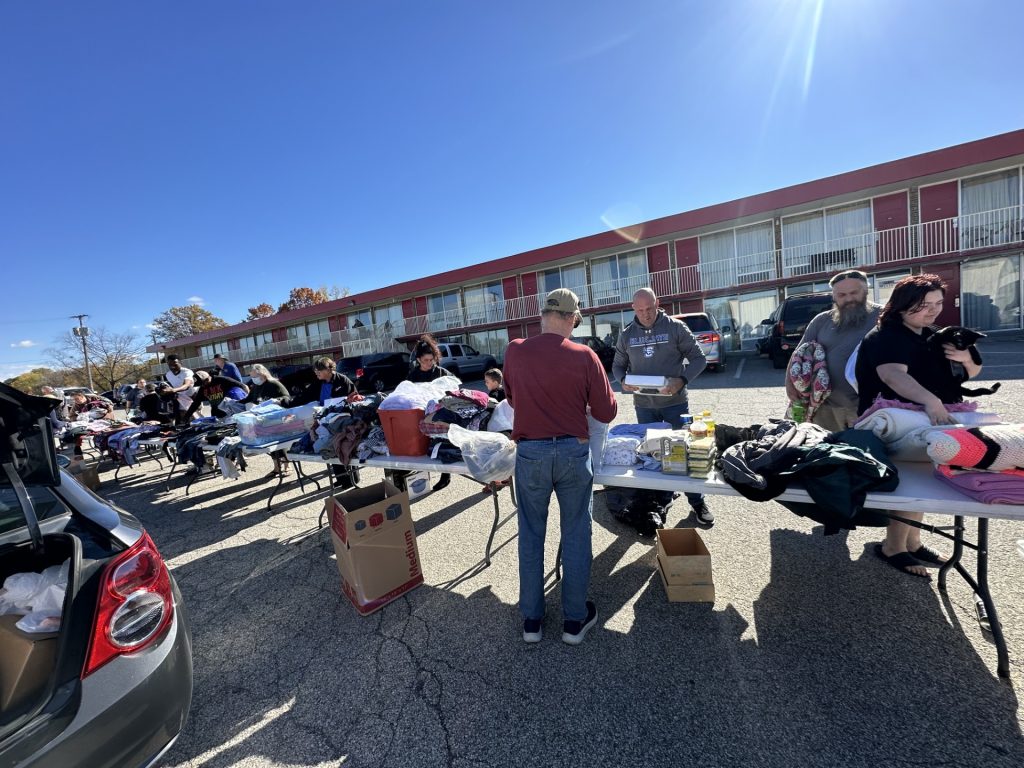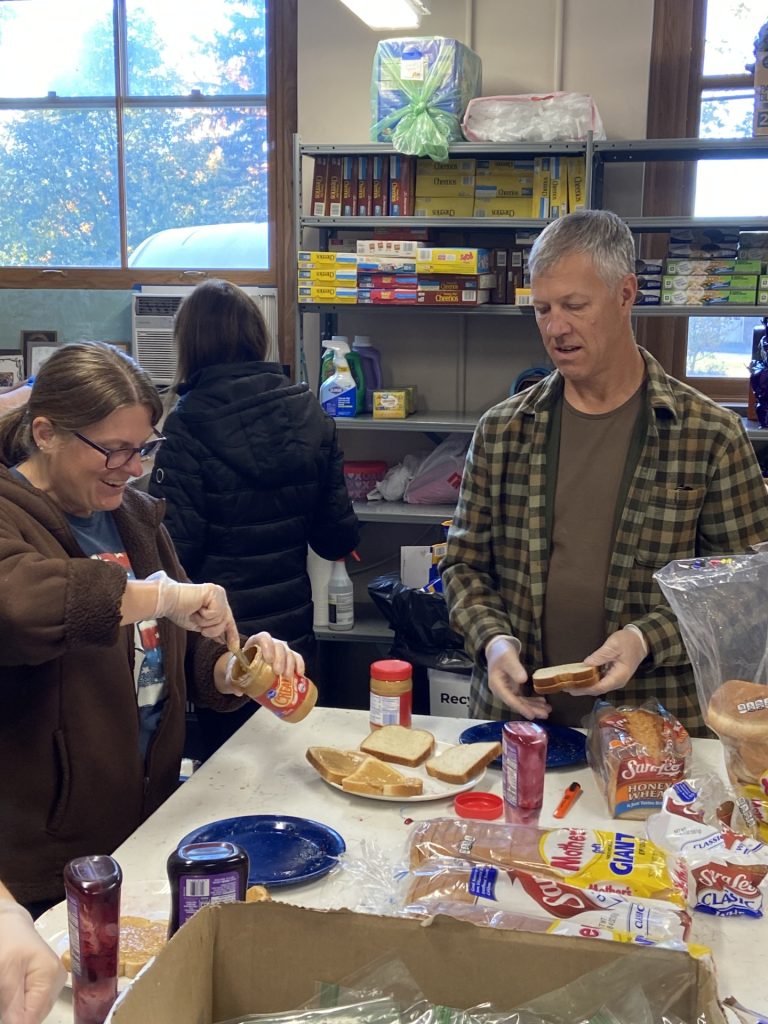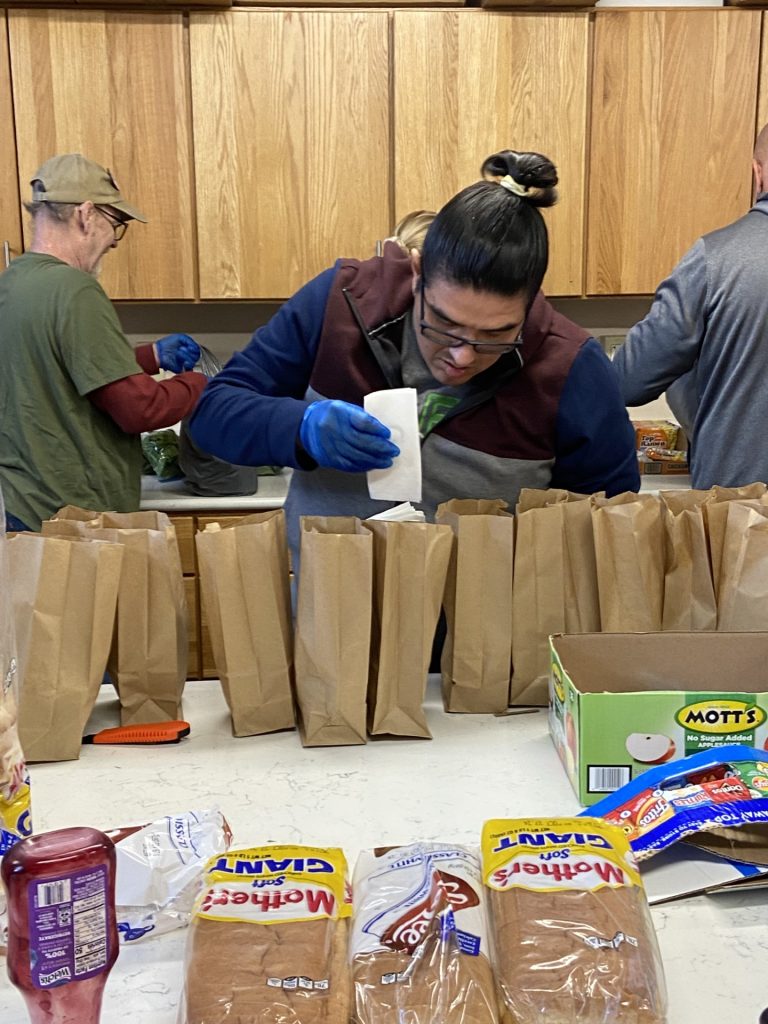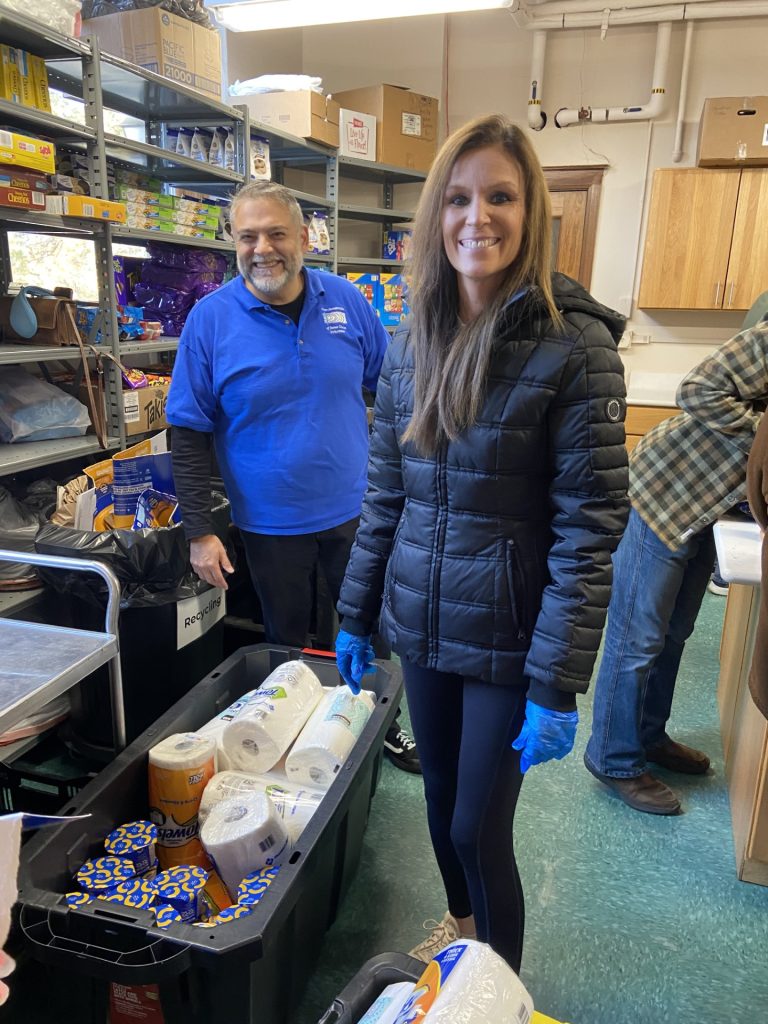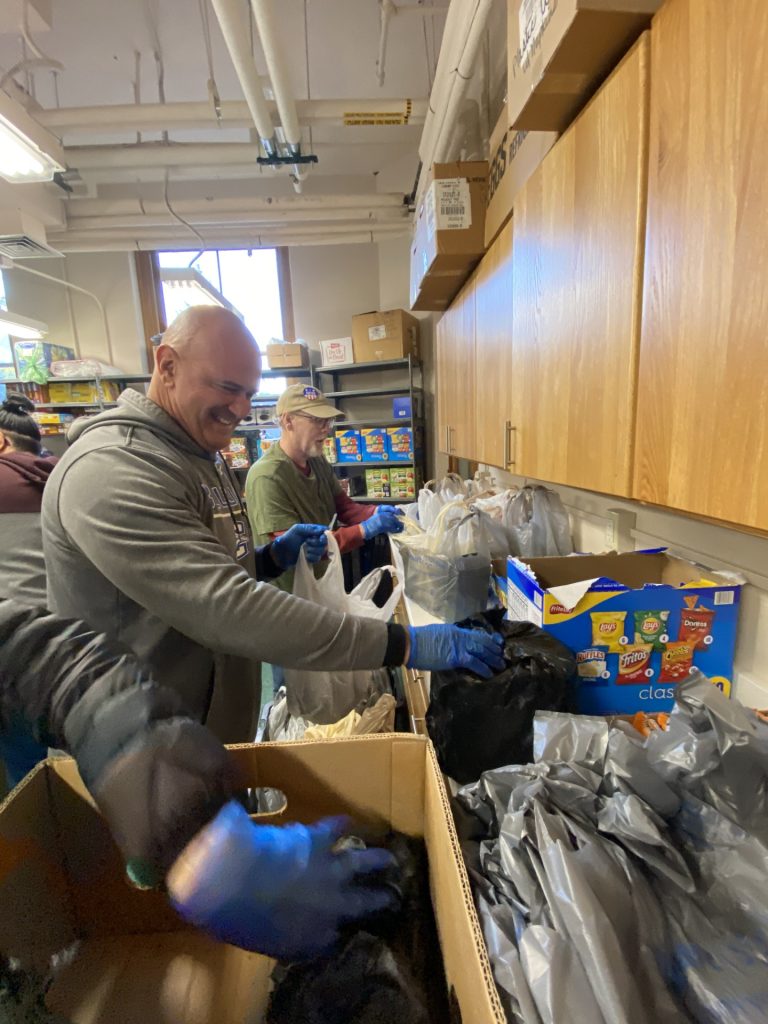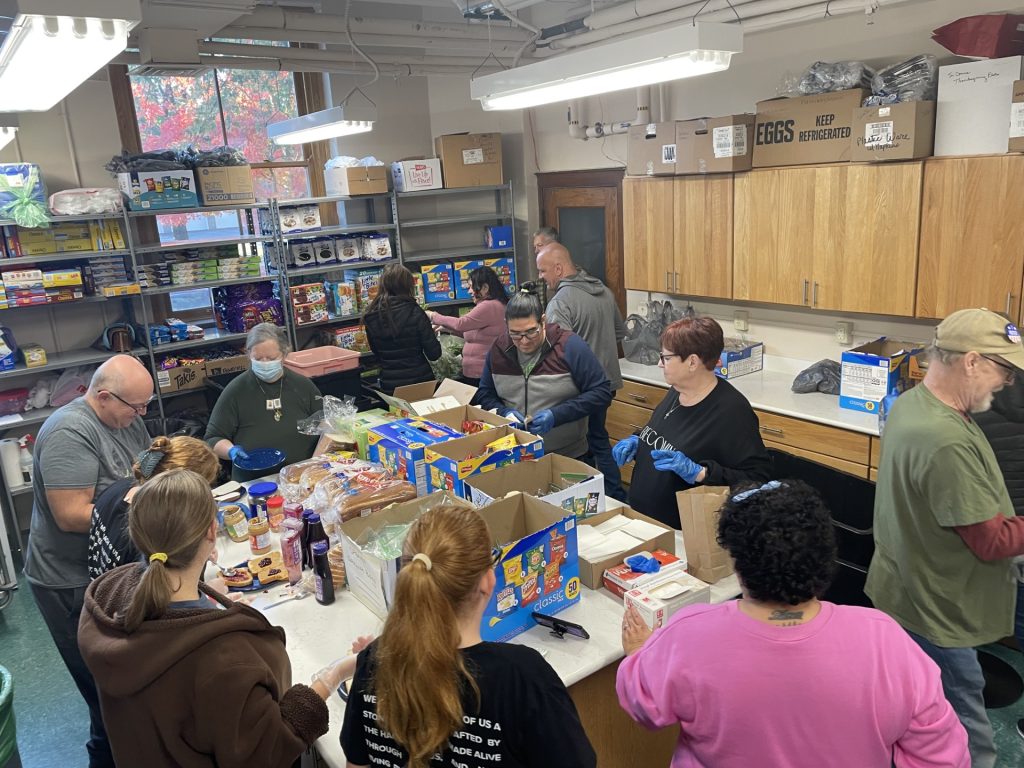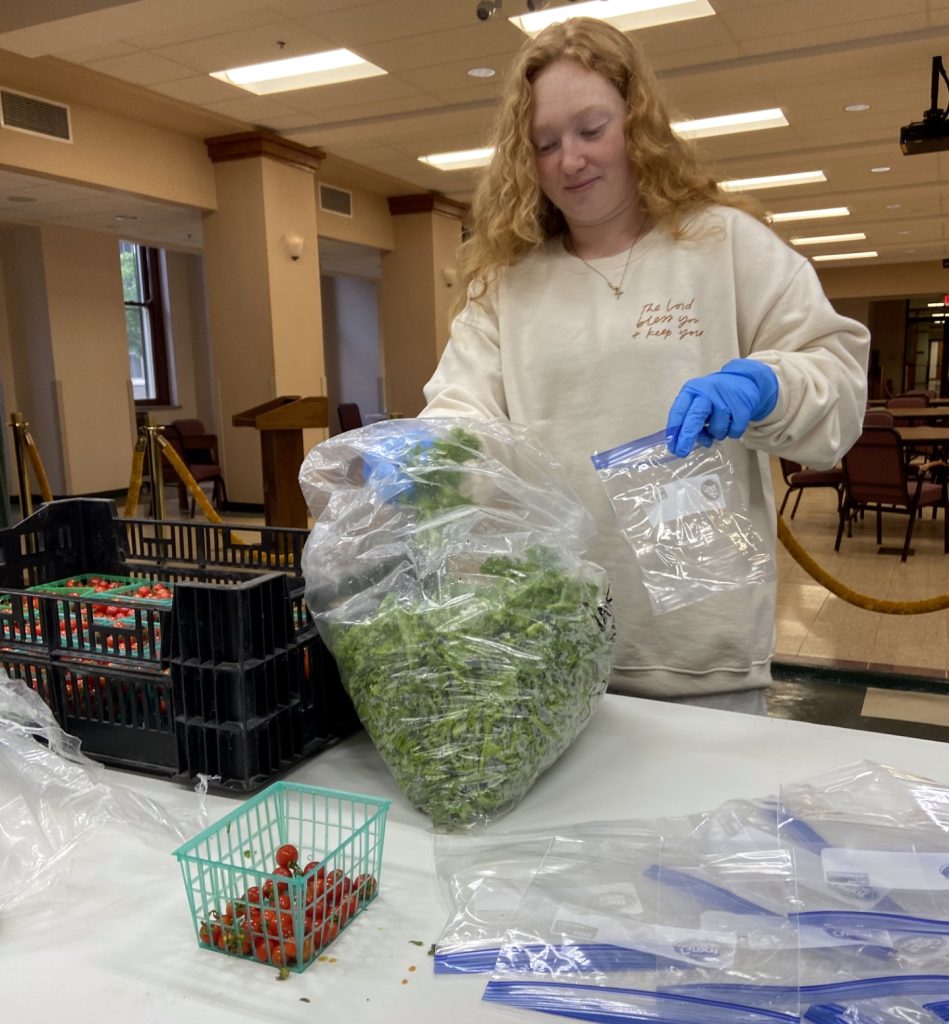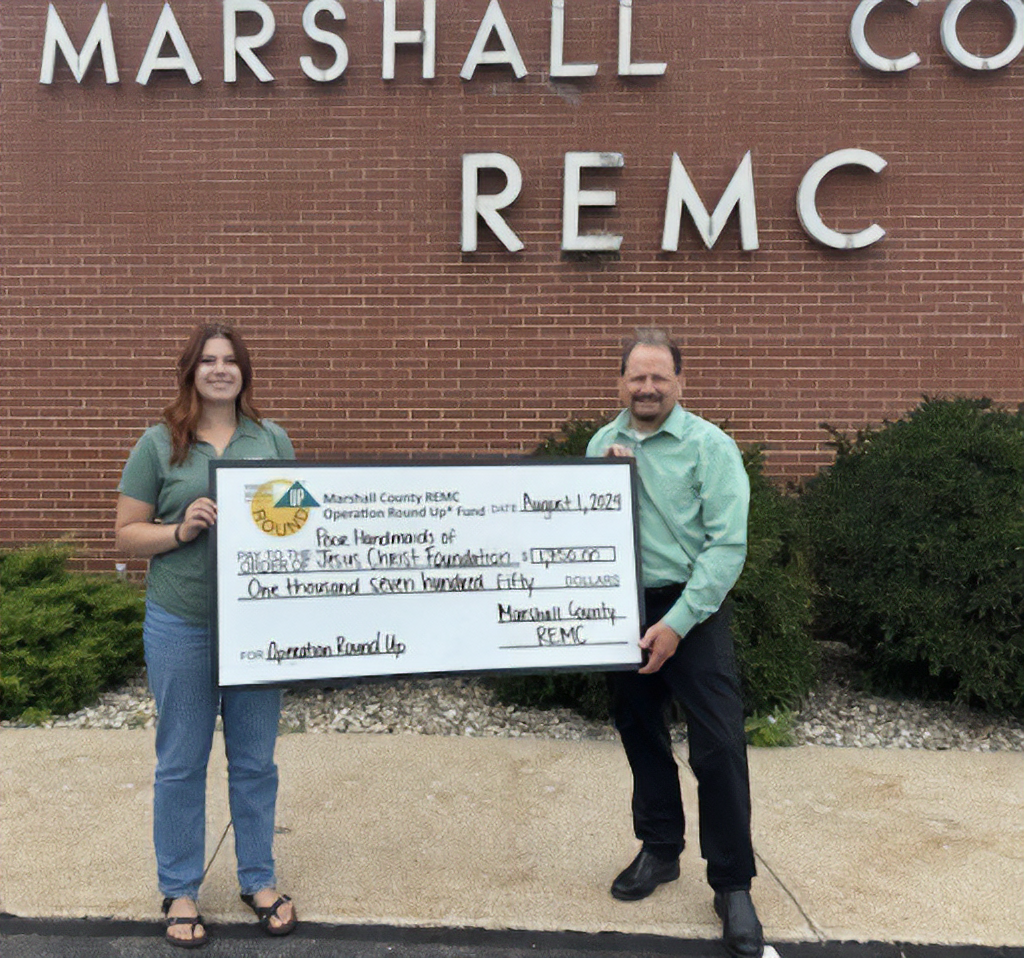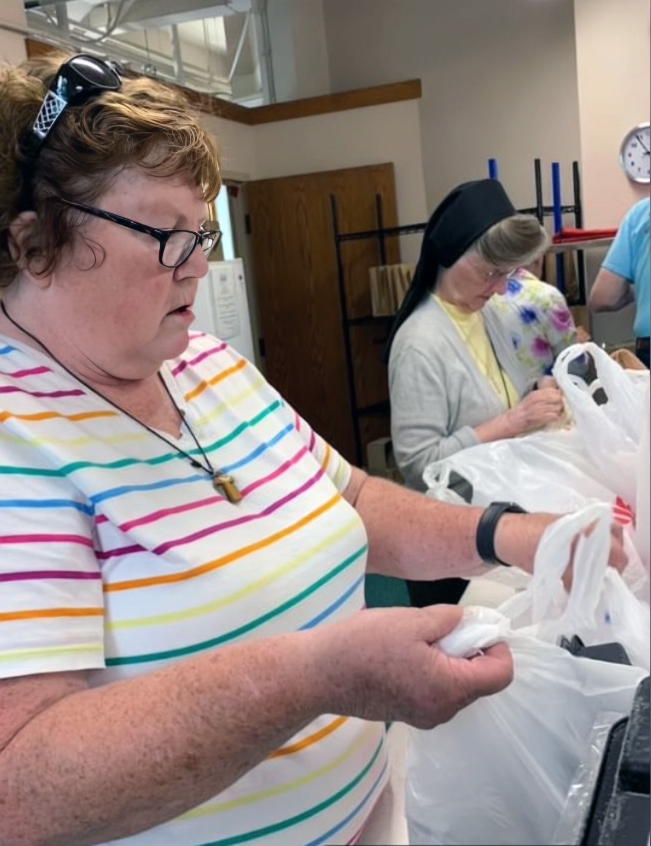A Global Mission: Volunteering Beyond Donaldson
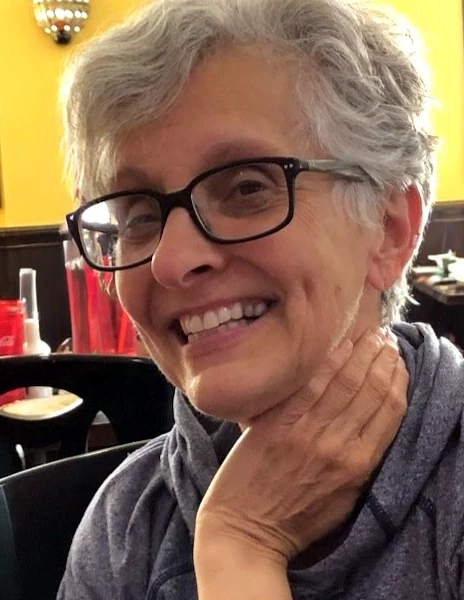
Over the years, Pat Rader has come to realize that there is a great need for tutors who teach English as a second language. She has committed herself to addressing this need wherever she volunteers. After she retired, she began volunteering at a local college, supporting students in their English studies and the pursuit of their GEDs. She then expanded her tutoring to other locals at her neighborhood library until the pandemic hit in 2020. Not to be discouraged, Pat transitioned to working with her students over Zoom.
While participating in a year-long volunteer program during the first year of her retirement, Pat learned about the Poor Handmaids of Jesus Christ’s Volunteer program. In 2018, she participated in her first of five long-term volunteer service projects at the Center at Donaldson, living on the campus for several months and supporting several of the Poor Handmaids’ ministries, including Ancilla Domini College and the Volunteer Program’s food ministry. While living at TCAD, she helped a pair of Vietnamese Sisters who were visiting with the Poor Handmaids practice their English.
During the service trip to the PHJC’s Kenyan Province she made last summer, Pat worked with the PHJC aspirants to help them work on their English-speaking skills. She is currently tutoring several individuals online, including a Haitian priest and two Vietnamese veterans who were referred to her by the two Vietnamese Sisters she worked with during her stay at TCAD in 2018. She also offers online tutoring services to two Poor Handmaids – one from Mexico, the other from Brazil – as they refine their English.
Pat’s commitment to sharing the gift of language with others and serving wherever she is needed makes her nothing short of an inspiration.
“The Volunteer Program offers volunteers the opportunity to be in community with strong, exciting women of faith. It enables you to do something worthwhile in a beautiful setting, as you learn more about yourself and your spiritual journey.” – Pat Rader
Cold Weather, Warm Hearts
The Poor Handmaids of Jesus Christ Volunteer Program spread plenty of holiday cheer last year! They provided the residents of the Economy Inn in Plymouth with 40 family meals that included holiday foods like turkey, mashed potatoes, cranberry sauce, green beans, and stuffing. The residents also received bags of essential items like soap, combs, razors, dryer sheets, paper towels and hygiene bags. Young residents at the Economy Inn received bags filled with toys, clothes, books and other gifts based on their age and gender. Several meal bags and bags of essentials were later taken to Serenity Place and David’s Courage.
When the volunteers visited the Economy Inn, Rudolph and Santa Claus tagged along to pass out candy canes and pose for pictures with the residents. We’d like to extend a heartfelt thank you to all the volunteers and donors who helped make this Christmas donation happen!
